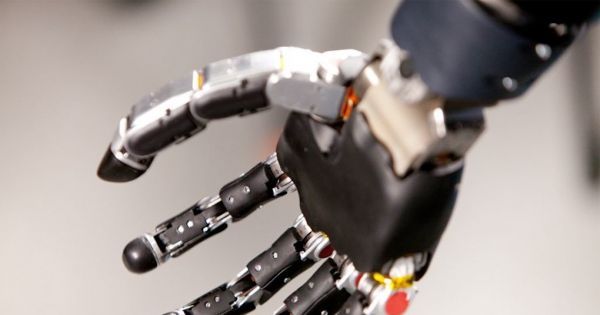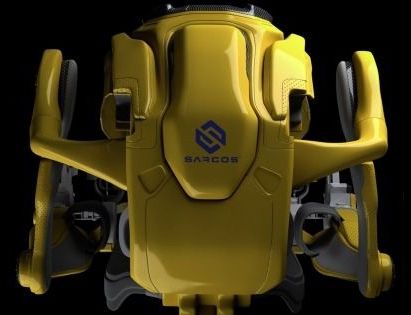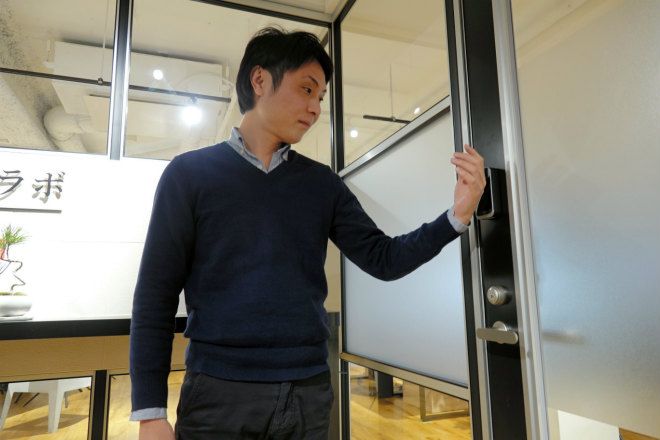Prosthetics have advanced drastically in recent years. The technology’s potential has even inspired many, like Elon Musk, to ask whether we may be living as “cyborgs” in the not-too-far future. For Johnny Matheny of Port Richey, Florida, that future is now. Matheny, who lost his arm to cancer in 2005, has recently become the first person to live with an advanced mind-controlled robotic arm. He received the arm in December and will be spending the next year testing it out.
The arm was developed by Johns Hopkins Applied Physics Lab as part of their program Revolutionizing Prosthetics. The aim of the program, which is funded by the Defense Advanced Research Projects Agency (DARPA), is to create prosthetics that are controlled by neural activity in the brain to restore motor function to where it feels entirely natural. The program is specifically working on prosthetics for upper-arm amputee patients. While this particular arm has been demoed before, Matheny will be the first person to actually live with the prosthesis. The program does hope to have more patients take the tech for a longterm test run, though.
While the prosthetic device is impressive, it’s not a limitless, all-powerful robot arm. Matheney won’t be able to get the arm wet and is not allowed to drive while wearing it. Keeping a few rules in mind, Matheney will otherwise be free to push the tech to the edge of its capabilities, truly exploring what it can do.






